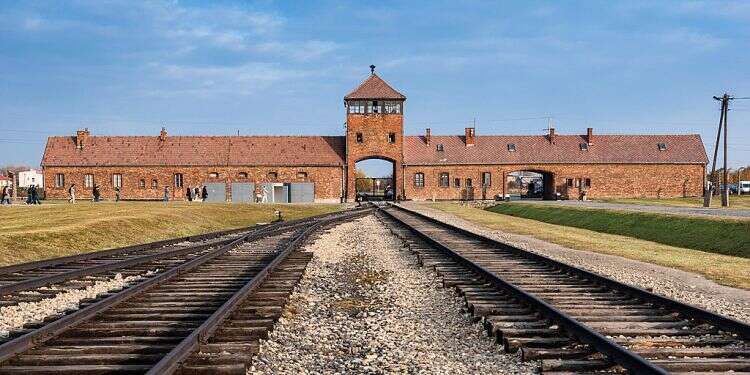Seventy-five years after the Holocaust, descendants of survivors continue to bear great animosity toward Poles who collaborated with the Nazi regime during WWII, a recent survey by Sapir Academic College has found.
Follow Israel Hayom on Facebook and Twitter
The study, conducted in Israel by Dr. Villy Abraham in cooperation with researchers from the University of Florida, was published a week after Poland adopted a bill preventing Holocaust survivors and their descendants from reinstating property confiscated during the war, igniting the ire of Israeli politicians and Jewish organizations worldwide.
The survey included 240 people, who, as descendants of Holocaust survivors, were gravely affected by Nazi atrocities and, in some cases, continued to experience trauma to this day.
On a scale from one-to-seven, participants ranked their hostility towards Poland at four.
On a scale from one-to-five, they pegged their grief at 3.21.
On a scale from one-to-five, they ranked their curiosity to learn more about the Holocaust at 4.99.
The study revealed a peculiar pattern as to how descendants of survivors view traveling to concentration camps in Poland. It revealed that the greater the animosity among descendants, the less likely they were to visit the sites, even if, in theory, they would want to do so to learn more about the history of the Holocaust.
"Those who feel great hostility towards Poland are less likely to visit it," Abraham said. "The main takeaway of the study is that the trauma experienced by the second generation to Holocaust survivors is still tangible."
Subscribe to Israel Hayom's daily newsletter and never miss our top stories!




